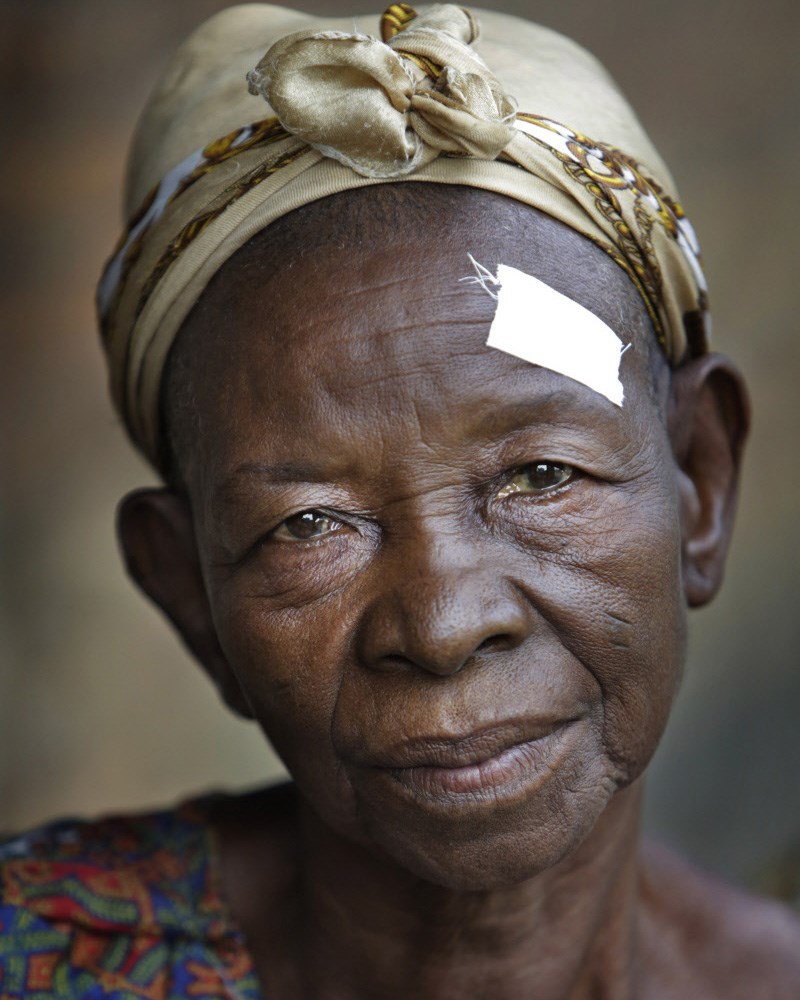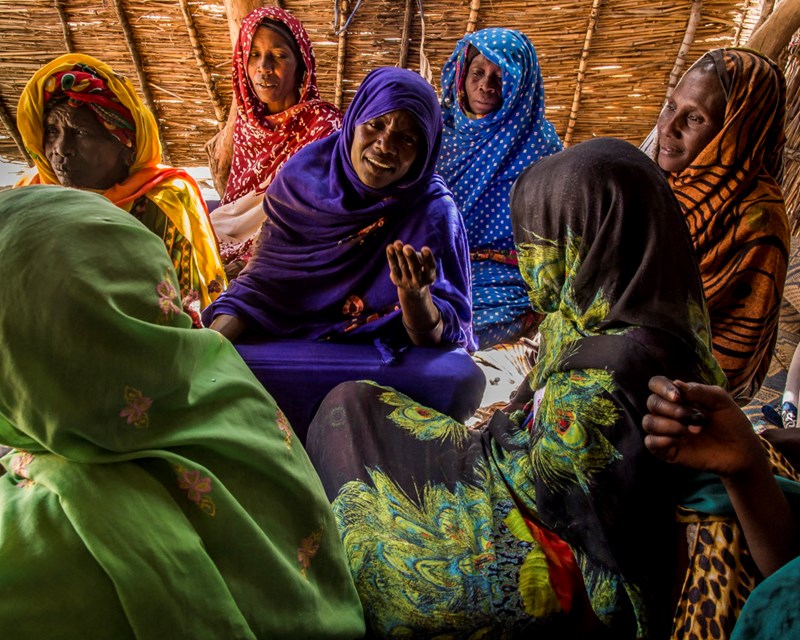From the outside, the liveried Boeing M-10 aircraft looks like any other passenger plane. In fact, the jet is a 46-seat classroom, a cutting-edge operating theatre and even features a multi-camera studio; one able to transmit live surgeries in 3D to watching doctors. It is the Orbis Flying Eye Hospital, and – since 1982 – it has allowed global charity Orbis to travel the world, tackling preventable blindness in developing countries.
Globally, 285 million people are blind or visually impaired. Yet for 80 per cent of them, with an inexpensive treatment or surgery, their vision could be restored. Orbis' works to deliver the relatively low-tech tools needed to tackle vision loss to some of the world’s poorest, most remote regions. Aided by volunteer doctors, anaesthetists and nurses, Orbis carries out hundreds of free eye surgeries a year, mainly in Africa, Asia and Latin America.
Critically, Orbis also collaborates with local doctors, nurses, eye care technicians and others to strengthen capacity in the 92 countries where it works. By sharing lectures, live surgeries and hands-on training, the charity aims to see eye care integrated into national health services in low-income nations, where 90 per cent of the world’s 39 million blind people live.
“The old adage ‘teach a man to fish, and he will teach others to fish’ is very true,” says Robert Walters, the former chairman of Orbis UK, and a consultant ophthalmologist himself. Walters first volunteered with the charity in 1994, and remains a board trustee and Orbis’ special envoy to the Middle East.
“We want to equip local doctors with the skills to treat their own patients, so they’re able to meet local needs once we leave,” he explains.
In 2015, Orbis’ training missions reached more than 30,300 medical professionals, in areas ranging from paediatric ophthalmology, to treating cataracts and glaucoma.
“The aim to teach the whole team involved in eye care – from prevention, to treatment – the most efficient methods to serve the population in their countries,” says Walters. “They are often desperate for support and education.”






